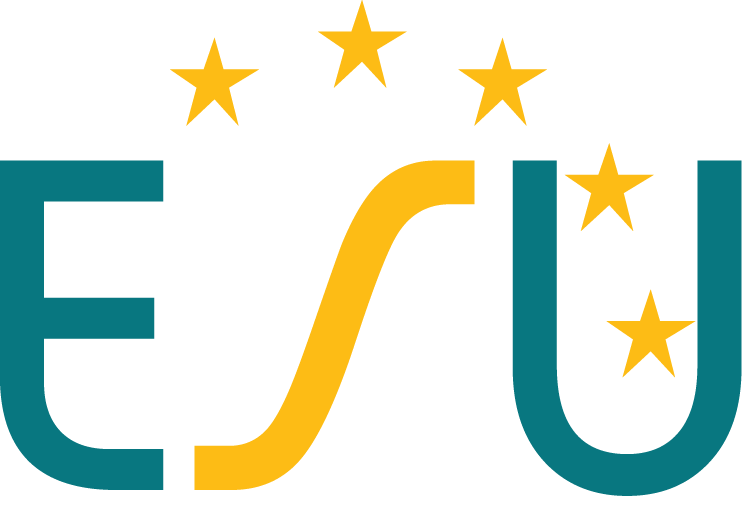On April 24, 2024, the European Union published in the OJEU Directive (EU) 2024/1226 of the European Parliament and of the Council of 24 April 2024 on the definition of criminal offences and penalties for the violation of Union restrictive measures and amending Directive (EU) 2018/1673 .
The objective of Directive (EU) 2024/1226 is to ensure the effective application of the Union’s restrictive measures, adopted on the basis of Article 29 TEU and Article 215 TFEU, by establishing a set of common minimum rules concerning the definitions of criminal offence, effective, proportionate and dissuasive criminal and non-criminal penalties, as well as obligations in all Member States for investigating, prosecuting and punishing breaches of EU restrictive measures.
Chaudfontaine Newsletter 54 – March 2024 The quarterly Chaudfontaine Newsletter on dual-use […]
Following Russia’s recognition of the Luhansk and Donetsk People's Republics’ independence on 21 February 2022 and its further invasion of Ukraine on 24 February 2022, in view of the gravity of the situation and in response to Russia’s continued military aggression against Ukraine, the EU has adopted a series of new restrictive measures.
Two years after Russia’s invasion and war of aggression against Ukraine, on February 23, 2024, the EU adopted its 13th package of sanctions against Russia. The following are among the main measures implemented...
“Australia’s defense export control regime and critical technologies” The Journal of Strategic […]
Following the thirteenth meeting of the Chaudfontaine Group, the European Studies Unit is pleased to announce its new publication: “A new configuration of strategic trade control regimes?”.
In light of the recent geopolitical developments and the ensuing challenges to strategic trade controls, as well as the discussions that have emerged on a new configuration of strategic trade control regimes, the Chaudfontaine Group explored the potential consequences of the ongoing geopolitical transformations and fragmentations on the future of the multilateral export control regimes in the medium term.
The European Studies Unit of the University of Liege launches its inventory of the relevant legislation of the EU and its Member States on dual-use items.









